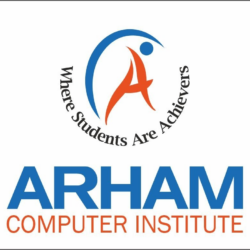COURSE DESCRIPTION
C++ is an object-oriented language based on the C programming language. It can be viewed as a superset of C. Almost all of the features and constructs available in C are also available in C++. However, C++ is more than just an extension of C. Its additional features support the programming style known as object-oriented programming. Several features that are already available in C, such as input and output may be implemented differently in C++. In C++ you may use the conventional C input and output routines or you may use object-oriented input and output by using the I/O Stream class library.
C++ was developed by Bjarne Stroustrup of AT&T Bell Laboratories. It was originally based on the definition of the C language stated in The C Programming Language by Brian W. Kernighan and Dennis M. Ritchie. This C language definition is commonly called K&R C. Since then, the International Standards Organization C language definition (referred to here as ISO/ANSI C ) has been approved. It specifies many of the features that K&R left unspecified. Some features of ISO/ANSI C have been incorporated into the current definition of C++, and some parts of the ISO/ANSI C definition have been motivated by C++.
Our C++ courses include all topics of C++ such as first example, control statements, objects, and classes, inheritance, constructor, destructor, this, static, polymorphism, abstraction, abstract class, interface, namespace, encapsulation, arrays, strings, File IO, etc.
Learning C++ programming imparts all the skills to become a productive C++ developer. Programming with C++ training focuses on all the essential components required to build programs for hardware and operating systems. The curriculum starts from basic knowledge of C++, control statements, and gradually lays emphasis on object-oriented (OO) approaches. The use of syntax is learned to achieve the basic goals of (OO) say reusability, adaptability, and reliability.
TARGET AUDIENCE
- Students
- Academicians
- Software developers
PREREQUISITES
While there is no formal pre prerequisite for this training, however candidates with a strong interest in software development are the ideal participants for this course.
Curriculum
- 10 Sections
- 65 Lessons
- 60 Days
- Basic In C++5
- Control Structures2
- Functions8
- Oops Concepts8
- Classes and Objects7
- Constructors and Destructors9
- Operator Overloading5
- Inheritance12
- Polymorphism and Virtual Functions5
- Files4

